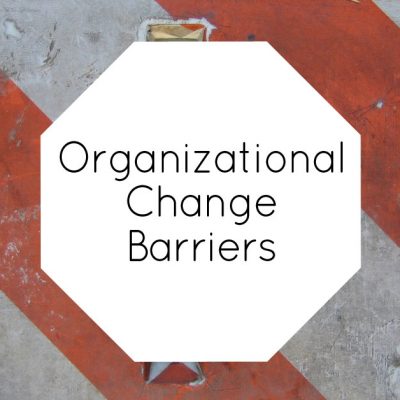
Imagine, if you will, that you are in a conversation about something that requires change. The conversation may be at work, at home, in the community. The change may be big or little. It is out of the comfort zone of the person you are in conversation with. The conversation may occur as a result of something being learned in a workshop. You yourself are engaged in the conversation, excited about the possibilities that could result from the change. The change that is being discussed fits within your own comfort zone so you are willing to open your possibility thinking to take in the new information, to take in and process the information of reality being different as a result of the change.
The person you are talking with is still right in front of you, the conversation is still be happening, and you can feel that the person is not fully present to you, to the conversation, or to the topic being discussed. The person has ‘clicked off’ and has drifted somewhere in daydreams, their shopping list, to another moment in time. You are getting that feeling of annoyance, wondering what just happened to your conversation, and to the topic that is super important to have a conversation about.
It is helpful to be aware that ‘click off’ happens. It is a normal and healthy response to a situation that a person’s conscious thinking is not ready to grasp. At least not yet. The conscious mind has a response in which it represses what it cannot cope with. Something changing, particularly if it is outside of the current thinking habits of the conscious mind about how reality ‘should’ work, can be instantly repressed…hence the “click off”.
You continue talking about the change, getting ready to take the conversation into developing action steps. With only very little input from your conversation partner, an action plan develops. You have driven most of what has gone into this plan. Because the other person has not disagreed or argued with you, you assume that you are both on board with the action plan.
However, it is likely that your conversation partner who has been “clicked off” from real engagement with the topic, is not on board, and probably has not taken in very much of the conversation, the rationale, the planning.
One person ready to shift into action, the other person not taking in the information about the change let alone the action plan or taking action. This is a recipe for conflict… a conflict that could be prevented.
Some tips to handle the real need in people to “click off” when faced with a reality that doesn’t fit with what their conscious mind is willing to include:
- Develop awareness individually, in families, and in teams about the “click off” effect being natural when faced with change especially the requirement to change perspectives. Talk about this.
- Allow someone to stop the conversation by saying “I cannot cope with this right now” or “I cannot process this right now”.
- Develop awareness individually, in families, and in teams about how each person processes change. Remember that everyone processes differently. Some might need to go outside, to move their bodies, to be in silence, to go and do something unrelated to the topic, and others need a night to sleep on it. Talk about this.
- Make it a normal part of your interactions to ask each other if a break for processing is needed.
- Resume conversation when everyone feels that they have processed enough to be able to be fully present to the conversation. This might be the next day!
If you follow our work and have some orientation to the Genuine Contact program, you have noticed that mentoring circles are a key component of the Genuine Contact program and that we host mentoring circles many times during the year. One of the many reasons for this is that so much of the learning that people do with us in shifting to a different leadership paradigm requires change of beliefs as well as actions. We understand that people take in the information that they can focus on during the workshops. Everyone present is probably learning something different than the others although they are in the same workshop. Follow on mentoring circles for peer to peer conversations and learning provide the opportunity for people to access a broader scope of their learning, being supported in mentoring circles beyond the “click off” that occurs when faced with change.
Photo by Johnny Cohen on Unsplash











Leave a Reply
You must be logged in to post a comment.